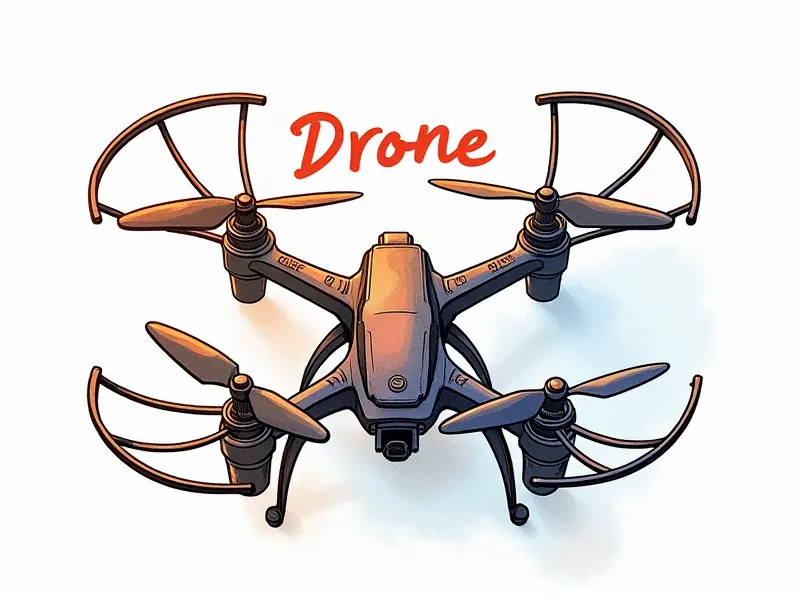Are Li-ion batteries recyclable?

Environmental Impact of Used Li-Ion Batteries
Lithium-ion (Li-Ion) batteries are ubiquitous in modern technology, powering everything from smartphones and laptops to electric vehicles. However, the environmental impact of these batteries at the end of their life cycle is a growing concern. When discarded improperly, used Li-Ion batteries can pose significant risks due to their toxic components such as cobalt, nickel, and lithium.
Improper disposal leads to soil contamination and water pollution, affecting ecosystems and human health. Recycling Li-Ion batteries helps mitigate these environmental hazards by recovering valuable materials and reducing waste in landfills.
How to Dispose of Li-Ion Batteries Safely
Safely disposing of used Li-Ion batteries is crucial for both environmental protection and public safety. These batteries can be a fire hazard if not handled correctly, as they contain flammable electrolytes that can ignite under certain conditions.
- Do Not Toss in the Trash: Never throw Li-Ion batteries into regular household waste bins.
- Use Approved Containers: Place used batteries in approved, flame-retardant containers designed for battery disposal.
- Contact Local Authorities: Check with your local government or waste management services to find designated drop-off points.
Benefits of Recycling RC Li-Ion Batteries
The recycling of rechargeable lithium-ion batteries offers numerous environmental and economic benefits. By recovering valuable metals like cobalt, nickel, and lithium, the process reduces the need for mining new raw materials, thereby conserving natural resources.
- Resource Conservation: Recycling helps preserve finite mineral deposits.
- Economic Value: Recovered materials can be sold to manufacturers at a profit.
- Reduced Pollution: Proper recycling minimizes environmental contamination and waste.
Finding Local Li-Ion Battery Recycling Centers
To ensure your used lithium-ion batteries are disposed of responsibly, it's essential to locate nearby recycling centers. Many communities have designated drop-off points or partnerships with local businesses for battery collection.
- Check Government Websites: Visit official city or state websites for information on recycling facilities.
- Contact Local Retailers: Some electronics stores and car dealerships offer battery recycling services.
- Use Online Directories: Utilize online directories like Earth911 to find nearby collection points.
DIY Methods for Extending Li-Ion Battery Life
Maintaining the longevity of your lithium-ion batteries can save you money and reduce waste. Here are some DIY tips:
- Avoid Extreme Temperatures: Keep batteries at room temperature to prevent degradation.
- Charge Wisely: Avoid fully discharging or overcharging your battery; aim for partial charges instead.
- Store Properly: If storing unused batteries, keep them in a cool place and partially charged.
Alternatives to Non-Recyclable Li-Ion Batteries
In cases where recycling is not feasible or economically viable, consider alternatives that are more environmentally friendly. Some options include:
- Sustainable Battery Designs: Look for batteries designed with recyclability in mind.
- Battery Swapping Services: Utilize services that offer battery replacement and recycling programs.
- Eco-Friendly Power Sources: Explore renewable energy solutions like solar panels to reduce reliance on batteries.
Safe Disposal of RC Li-Ion Batteries
The safe disposal of rechargeable lithium-ion batteries is critical. Follow these steps to ensure proper handling and disposal:
- Drain Remaining Charge: If possible, discharge the battery before disposal.
- Use Approved Containers: Place used batteries in designated containers provided by recycling centers.
- Avoid Mixing Battery Types: Do not mix different types of batteries or store them near flammable materials.
Tips for Properly Recycling Li-Ion Batteries
To maximize the benefits of lithium-ion battery recycling, follow these tips:
- Research Local Programs: Investigate local recycling initiatives and regulations.
- Prepare Batteries Correctly: Follow specific instructions for preparing batteries before disposal.
- Educate Others: Spread awareness about the importance of proper battery recycling.
The Lifespan of RC Li-Ion Batteries
The lifespan of rechargeable lithium-ion batteries varies based on usage patterns and environmental conditions. Typically, these batteries last between 300 to 1,000 charge cycles before their capacity significantly declines.
- Usage Patterns: Frequent deep discharges can shorten battery life.
- Environmental Factors: Exposure to extreme temperatures and humidity affects longevity.
Global Initiatives on Li-Ion Battery Recycling
The global community is increasingly recognizing the importance of lithium-ion battery recycling. Various initiatives are underway to promote sustainable practices:
- Regulatory Frameworks: Governments worldwide are implementing stricter regulations for battery disposal.
- Corporate Responsibility Programs: Companies like Tesla and Panasonic are investing in recycling technologies.
- International Collaborations: Organizations such as the United Nations Environment Programme (UNEP) support global recycling efforts.
Recycling Programs for RC Li-Ion Batteries
Many organizations and companies offer dedicated programs to recycle rechargeable lithium-ion batteries. These initiatives often include:
- Collection Events: Regular events where individuals can drop off used batteries.
- In-Store Drop-offs: Retailers providing collection bins for battery recycling.
- Mail-In Programs: Services allowing customers to send in their used batteries via mail.
Conclusion
The responsible disposal and recycling of lithium-ion batteries are essential steps towards a more sustainable future. By understanding the environmental impact, following safe disposal practices, and utilizing available recycling programs, we can reduce waste and conserve valuable resources. Whether through DIY methods to extend battery life or exploring alternative power sources, every action counts in minimizing our ecological footprint.

